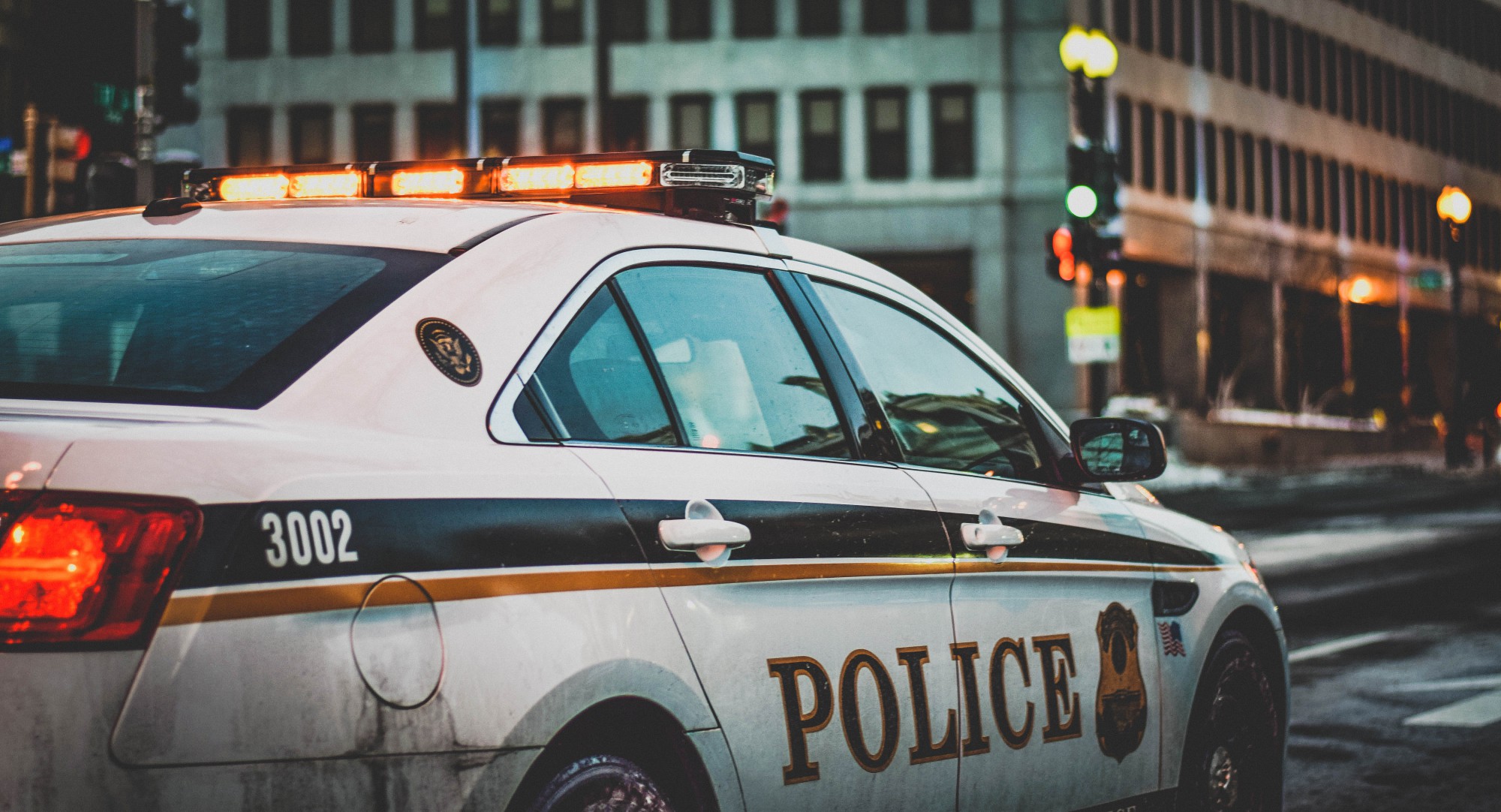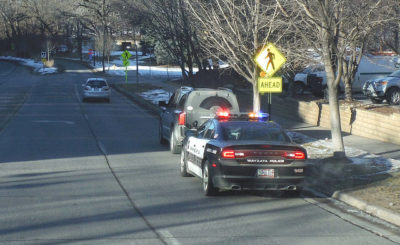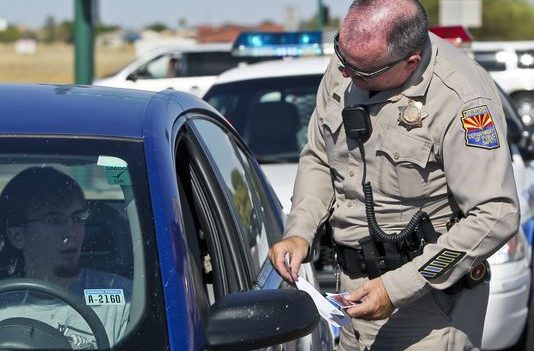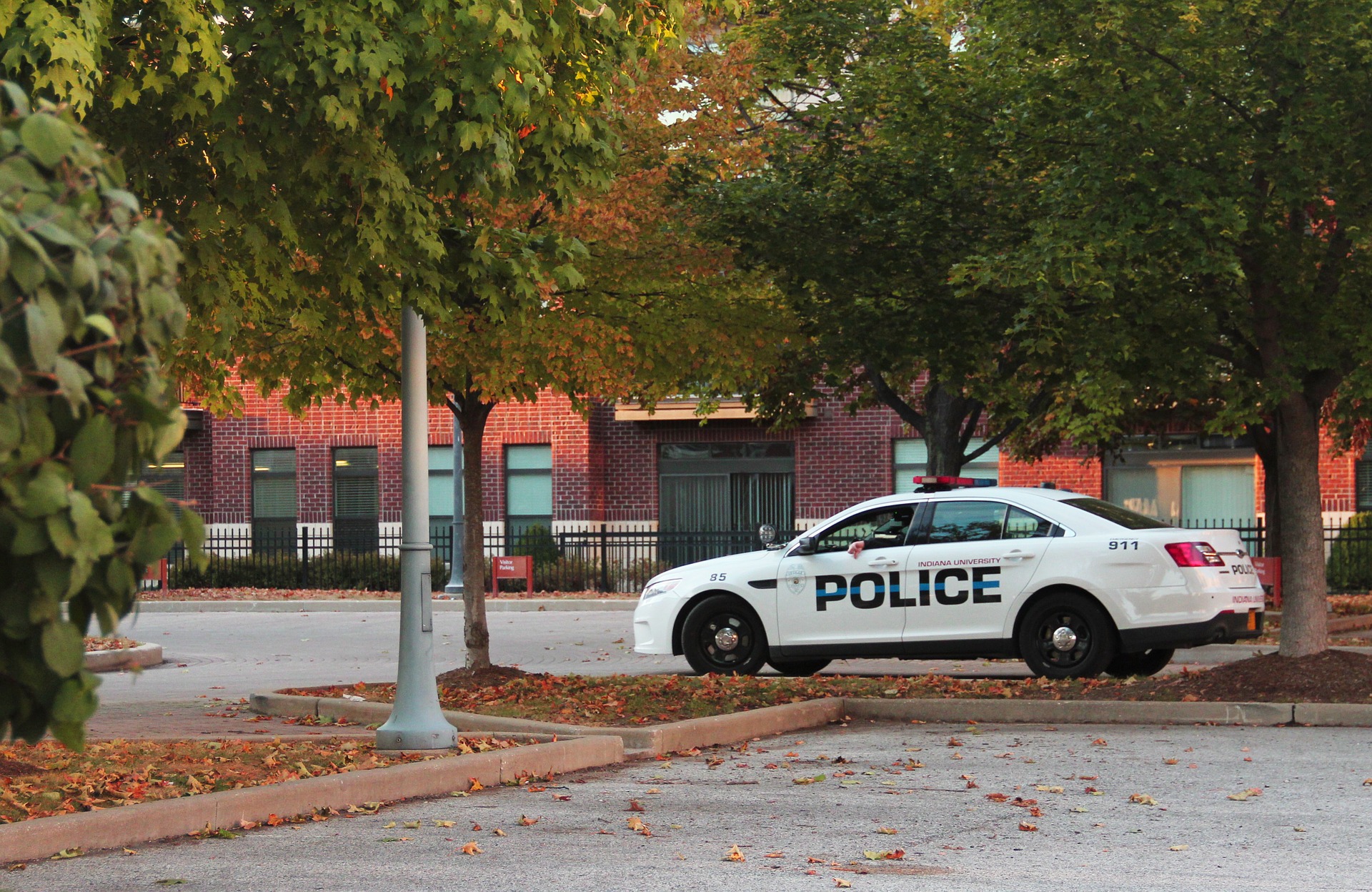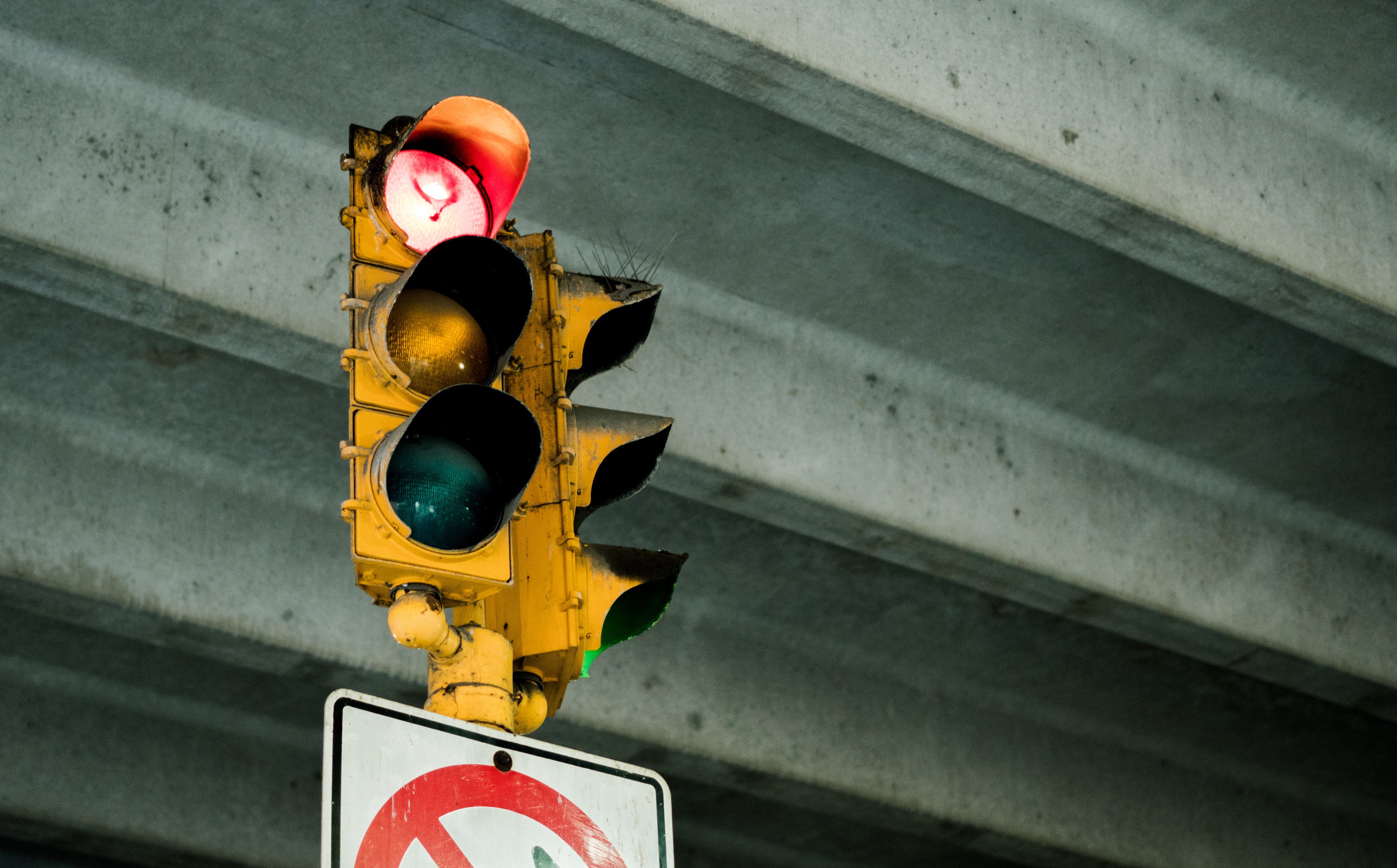First, Campus Police!
When stopped by police what should you do? First, Campus Police are essential to student and campus safety. There purpose is to protect the university and students, staff, faculty, and campus property. Do not be fooled into thinking campus police are glorified security guards. Campus police have authority. Campus police have all the powers as that of a regular a police officer. This also means they have to abide by the same laws and regulations including the Fourth Amendment search and seizure principles, the Fifth Amendment right from self-incrimination, right to an attorney, right to remain silent, and the Sixth Amendment right to an attorney after an individual has been Mirandized or is in custody and detained. In fact, if a student is in custody and detained by the police and they do not feel as though they are free to leave, a student should invoke their Fifth Amendment right, not speak to an officer and ask to be given an attorney.
When Stopped By Police What are Your Rights: Students
In undergrad there are a number of different responses that a typical attorney tends to find when it comes to student clients and police interactions. Students who have not encountered police before wonder, when stopped by police what are their rights? When being stopped by police what should I do?! Either the student complies with police, the student is disrespectful to the police, the student cries fearing trouble, or the student runs rom the police. For instance, if an officer breaks up a college party its best to leave the premises. Of course you do not necessarily want to be the first students to leave, but it is best to comply with the police orders. The last thing the police want to be doing is breaking up parties when they could be doing something more beneficial to the community.
When stopped by police you should first remain calm. The following are tips when stopped by police. They will give you some background concepts about what to expect when stopped by police. They are applicable whether you are on campus as a student or just in regular life.
What Rights Do I have When Stopped by Police?
- 1st amendment right free speech
- 2nd amendment right to possess a firearm
- 4th amendment right protection from unreasonable searches and seizures
- 5th amendment right protection from self-incrimination, right to an attorney, and right to remain silent (must invoke your right to silence)
- 6th amendment right to an attorney once charged.
What Do Police Test For When They Stop You?
- Police will do anything they can to find some type of evidence of your wrongdoing if they have a reasonable suspicion that you are doing something illegal. Even if they pull you over or stop you on the street, as long as they think you may be up to no good then you are.
- Police are investigators. When the approach you they are looking for whether your eyes are blood-shot, the smell of your breath, whether your sweating or nervous, and any movement your do.
- Anything that indicates that you are a danger to yourself, the officer, or the community will likely give the officer some type of probable cause to continue their investigation.
If A Police Officer Questions You:
- Either remain silent, under the Fifth Amendment, you do not have to answer incriminating questions.
- Then ask if your being detained or if your free to leave. Especially go this route if you believe you were stopped by police for no reason.
- If it’s a simple stop and the officer is open about his intentions you can if you wish answer some of the officer questions, however never feel obligated to answer all the questions or any question you do not feel comfortable answering.
Rights When Stopped by Police in A Car & Passengers Rights When Stopped by Police:
- When driving and being pulled over, the documents you need when stopped by police are: drivers license, registration, and insurance. You do not have to consent to any searches of their car.
- When stopped by the police for traffic violation, passengers do not have to give their license if they choose not too. But it may be beneficial to the driver in regards to how the police handle the situation.
- Passengers can simply give their name if address.
- You do not necessarily have to give them your license if you are not operating a motor vehicle, but you do have to give them your first name, last name, and in some states your birthday. (Often a student ID might be enough)
Rights When Stopped by Police On the Street:
- Ask if your being detained or if your free to leave. They can only hold you for a reasonable time. You do not have to give police your license. Just your name, date of birth, and address.
- Do not resist a pat down of your outside clothing. An officer does have the legal right to do so for their safety if they have reasonable suspicion to believe you have weapons on your person. Instead inform the officer that you do not consent to the search. Thus, if the search is found to be unlawful down the line, it can be suppressed in court, along with any contraband they may find on your person.
- Never physically resist a police arrest. Instead do not answer any of their questions if you believe it will be used against you down the road. Simple ask for an attorney.
Rights and Tips for DUI Charge or When Being Pulled Over For DUI:
- Do you have to take a Breathalyzer? No!
- (Your license may be suspended for 30-60 days if you refuse in some states, but it gives you a better chance for yourself and your attorney in court)
- Do you have to do any sobriety tests? No!
What to Do if Pulled Over for DUI:
- If an officer demands you take a breathalyzer you may refuse, even if your underage. A refusal however, means in some state your license will be revoked for up to 90 days. You should also refuse any test examining (sobriety tests) of your blood alcohol level, unless you have not been drinking at all, than it should be an easy exam. Any step, alphabet test, or whatsoever you should refuse. You can always get a second independent blood alcohol test but not a second step or alphabet test.. The police will likely still take your blood alcoholic level if you are taken to the station.
Tips When Stopped by Police and Carrying a Firearm:
- Calmly inform the officer you are a registered owner and are carrying a firearm.
- Tell the officer exactly where it is.
- Do not make any sudden movements
- Wait for the officers instructions
- If you are in a vehicle and the officer asks you to step out make sure the officer can see your hands.
- Inform the officer of every move you do.
How to Behave When Stopped By Police:
- By being polite and respectful to campus and non-campus police alike, you have a better opportunity of either being let go, giving a simple warning, or getting a reduced ticket.
- Officers are human beings. They have families and want to go home every night like you do.
- Remember that officers are most of the time doing their job.
- Even if you feel like they are discriminating against you, simply ask politely for the officers badge number and name and you can report it later.
- If you feel threatened you should also record the police. It is completely legal to do so, and inform them that you are doing so as a common courtesy. Even if they refuse, if your on public property it is your legal right to record.
- Remember anything you say might be used against you in the future, when an individual has been held for an alleged illegal activity.
- From a student perspective, a student may receive discipline from the Dean of Students rather than the state judicial system. An individual who is dealing with non-campus police may receive a reduced fine. HOWEVER, being polite and respectful should not be confused with confessing!
What To Say To Police: Try to Memorize:
“I do not consent to a search of my persons, belongings, residence, or vehicle. I am exercising my Fourth Amendment rights from unreasonable search and seizure and all other rights under the U. S. constitution. I request an attorney and will say nothing until my attorney is present, thank you”.
For additional information the ACLU is a great site, you can find their advice here. If you were wondering how to react to police if they claim they smell lead check out our article on the subject here.
